a
Pic. 25. President Muhammadu Buhari (L) and Vice President Yemi Osinbajo, display their Certificate-of-Return as winners of 2019 Presidential election, presented to them by Chairman of INEC, Prof. Mahmood Yakubu, at the International Conference Centre in Abuja on Wednesday (27/2/19).
01780/27/2/2019/Callistus Ewelike/HB/BJO/NAN
The European Union Election Observation Mission, in its final report which was publicly released on the 15th of June, says the 2019 elections won by President Muhammadu Buhari and his All Progressives Congress weren’t transparent and were marred with violence, intimidation and voter harassment. The observers concluded that this damaged the integrity of the 2019 election.
These strong statements from the EU Election Observation Mission are different from what it said about the 2015 elections, where it gave Nigeria’s independent electoral commission a pass mark. ‘‘Procedural shortcomings were evident, in particular during collation and from analysis of polling unit results, however no centralized systemic fraud was observed,” EU observers wrote in the executive summary of its 58-page report on the 2015 elections.
Similar statements from other observers in 2015 and President Jonathan’s historic phone call made President Buhari the bride of the international community in 2015.
But this doesn’t seem to be the case anymore. To make matters worse, President Buhari did not receive the kind of embrace he received from the international community after the 2015 general elections in 2019.
Advertisement
Meanwhile, Atiku Abubakar, President Buhari’s main opponent in the last election, is challenging the results of the last elections at the tribunal. And at the inaugural sitting of the tribunal, its former chairman, Zainab Bulkachuwa, warned against analysing court proceedings on social media and making a verdict while the court has not made a pronouncement.
But this kind of threat does not really matter to the international community – who are keenly following events in Nigeria. It didn’t deter the release of EU’s final report on the just concluded election.
Comments from past Nigerian leaders on the last elections and their visible absence at the last Democracy Day celebration do not project Nigeria’s democracy in a good light. It could also have significant impact on foreign investments into the country.
Advertisement
At the moment, Nigeria needs all the branding it can get. This kind of democratic retrogression will not help the country no matter how much we try to deny it. The UN has just reported that foreign direct investment in Nigeria plunged to $2bn in 2018 from $3.5bn in 2017. While foreign investments plummeted in Nigeria, it rose by 13 percent in Sub-Saharan Africa to $32bn in 2018. Countries like Ghana, Kenya and Tanzania experienced increased FDI and are now the new destination for foreign capital in Africa. HSBC and UBS have since closed their offices in Nigeria.
To achieve the kind of speedy growth Nigeria desires, the country needs to repair its battered democratic credentials. One way to achieve this is by implementing the recommendations of the 2019 EU report on our election.
1 comments

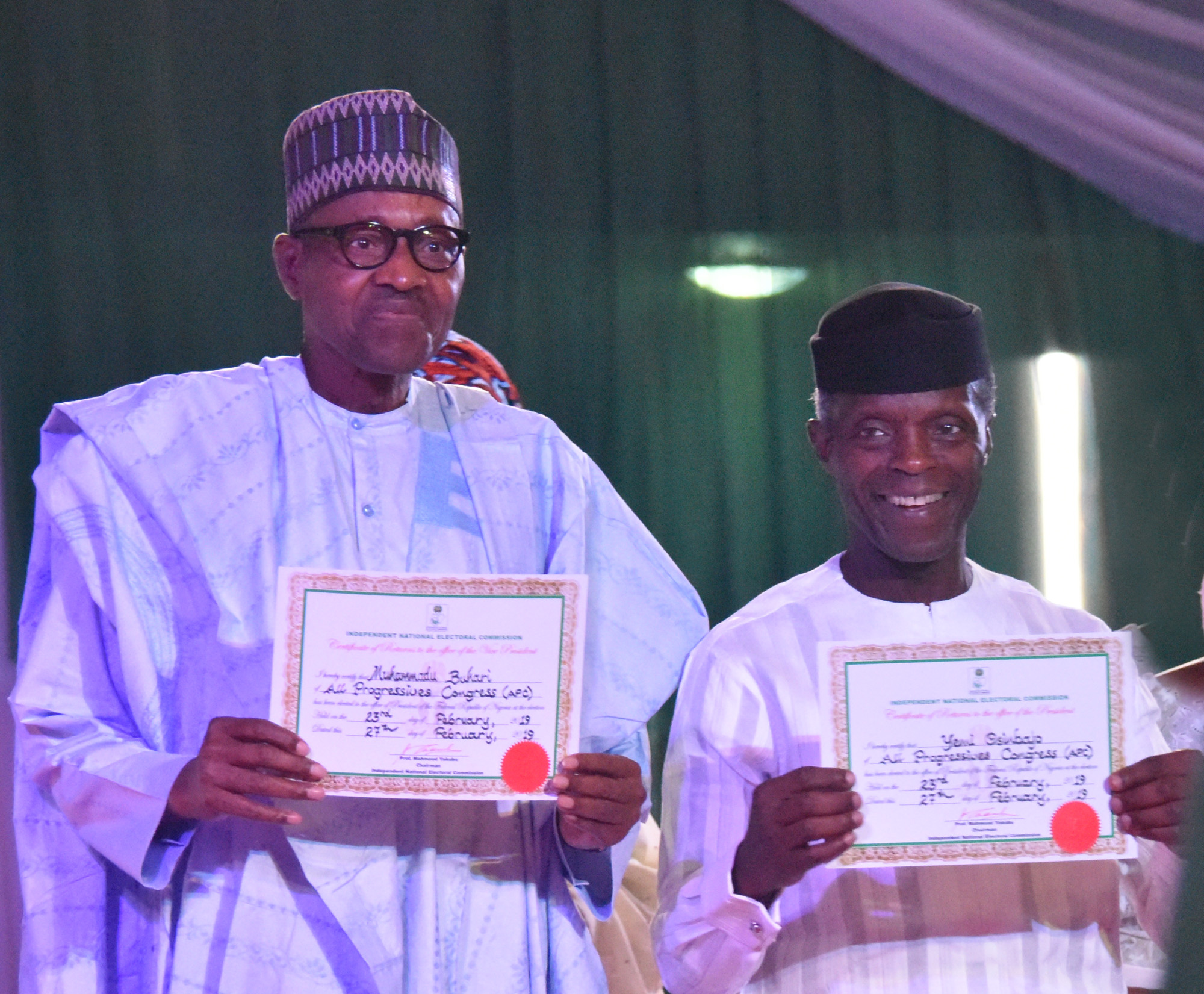

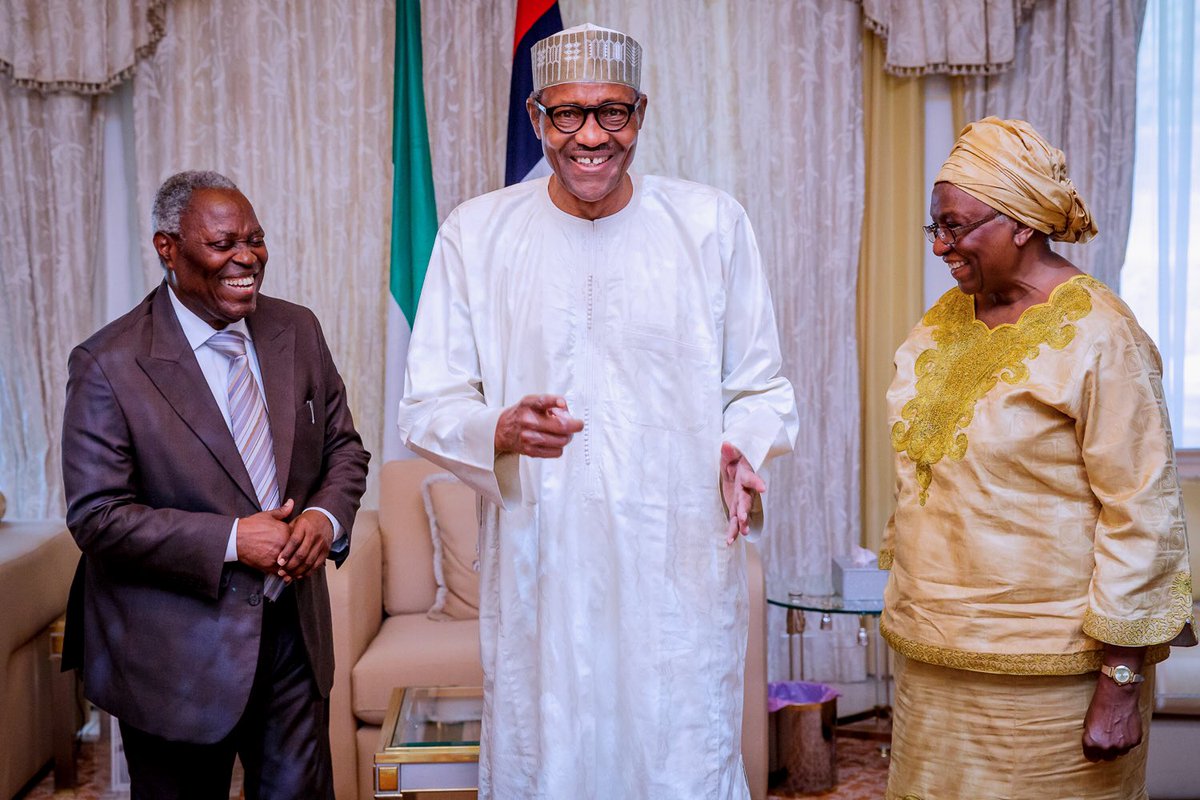
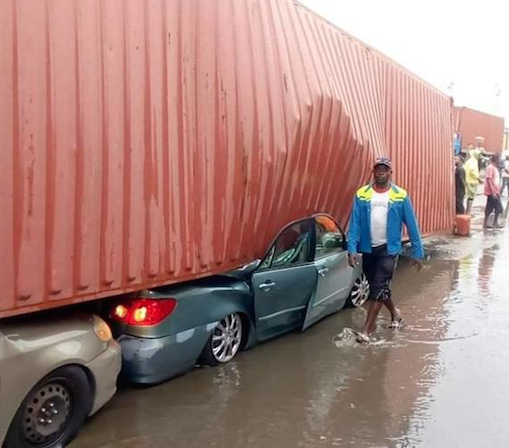
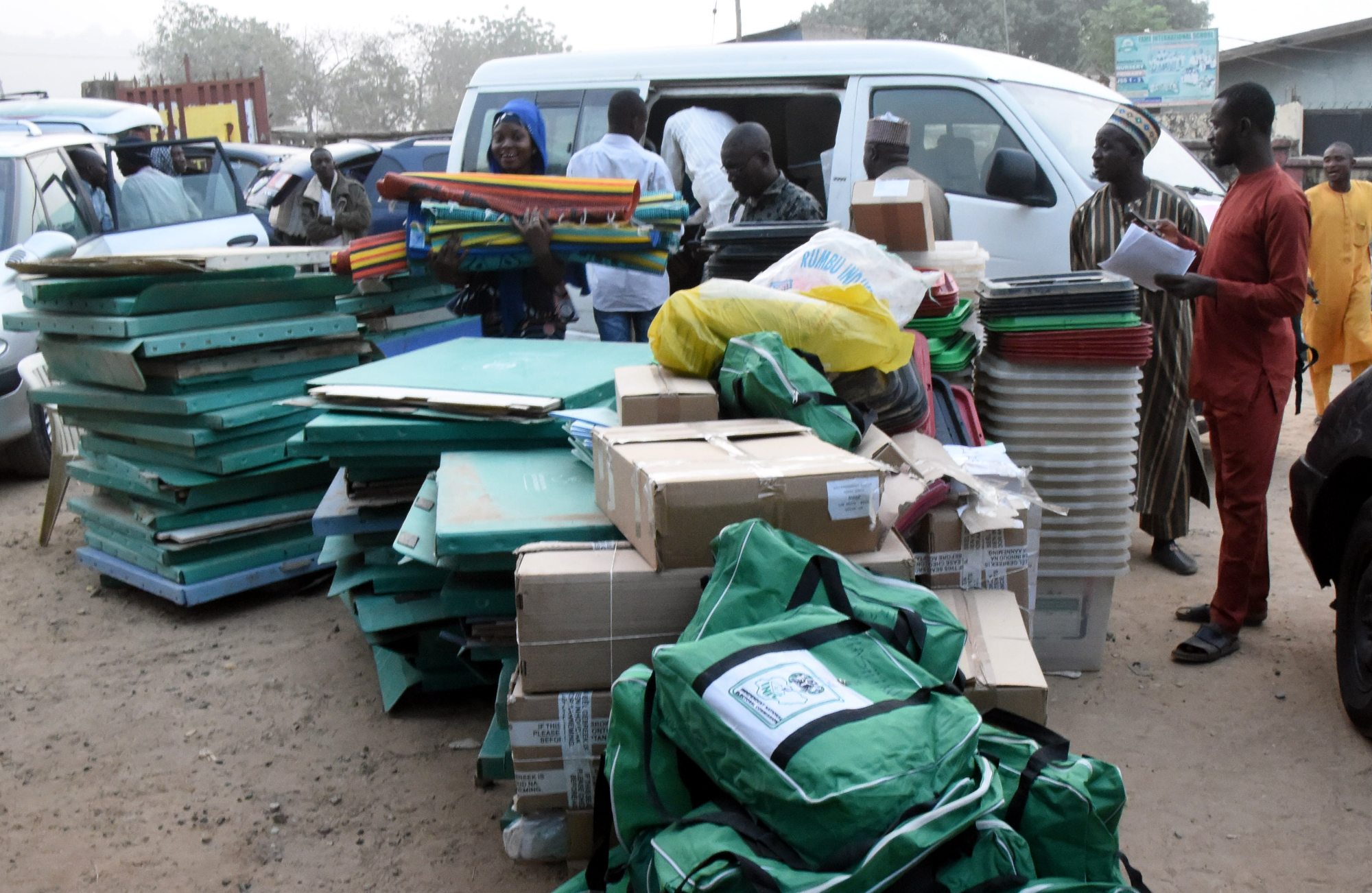
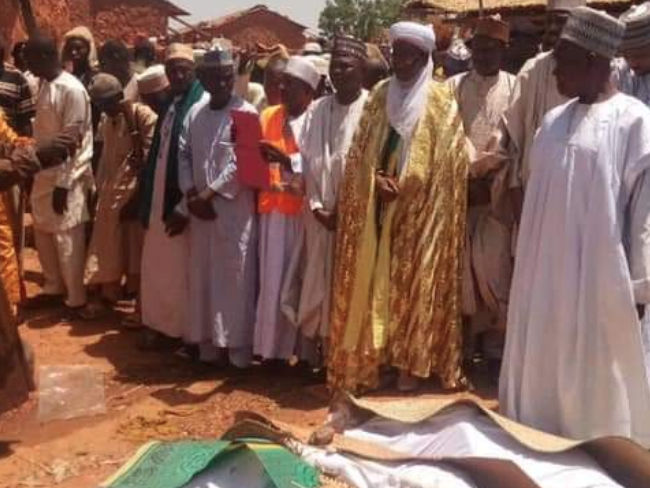
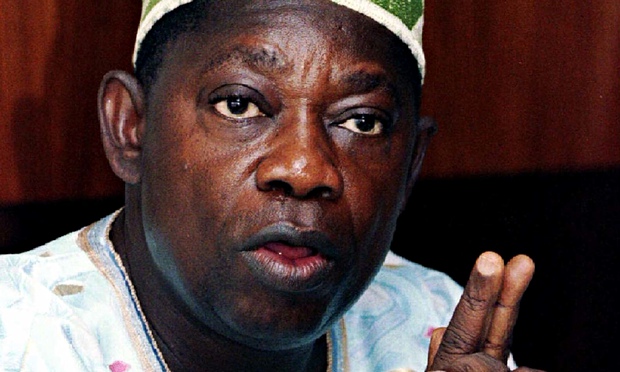
All enlightened Nigerians knows the imperialistic agenda of holding us down.So the slightest hitch in our affairs attracts widespread broadcast and misrepresentation. EU my booth, which election in the world went without hiccups? Trump in sight.